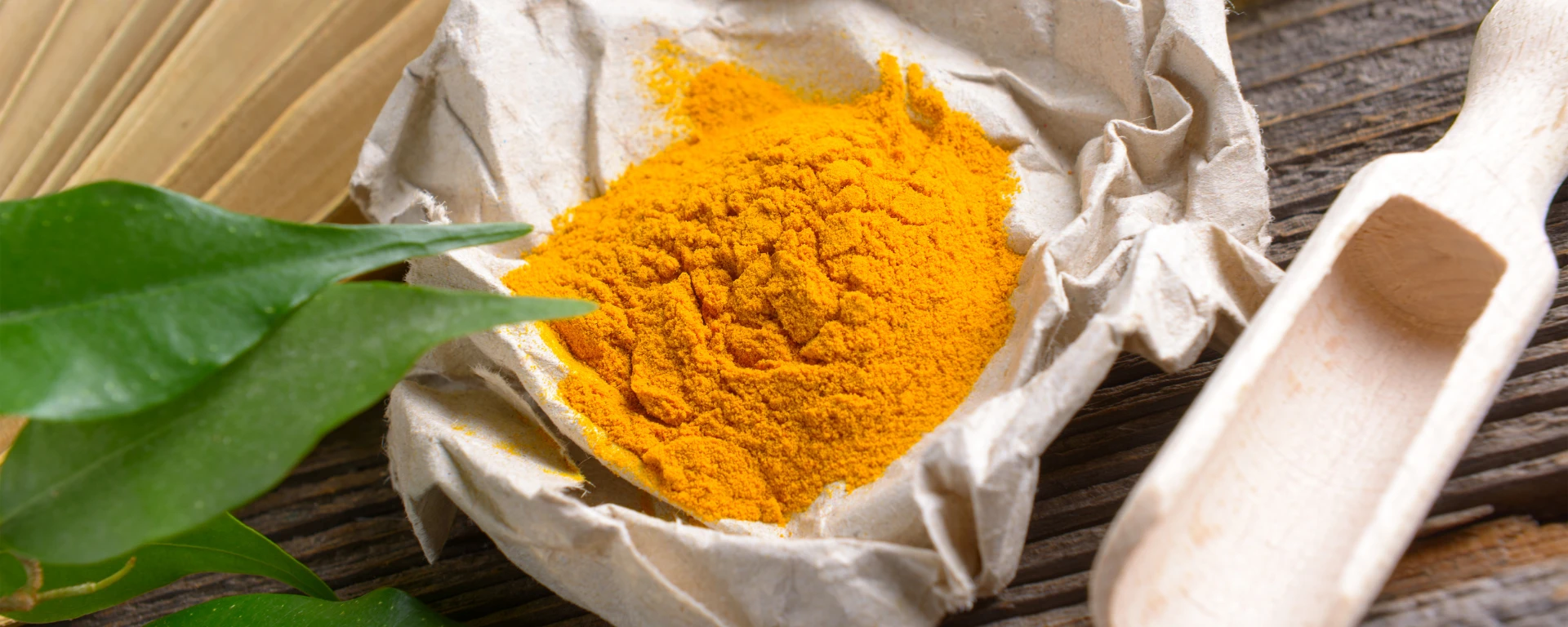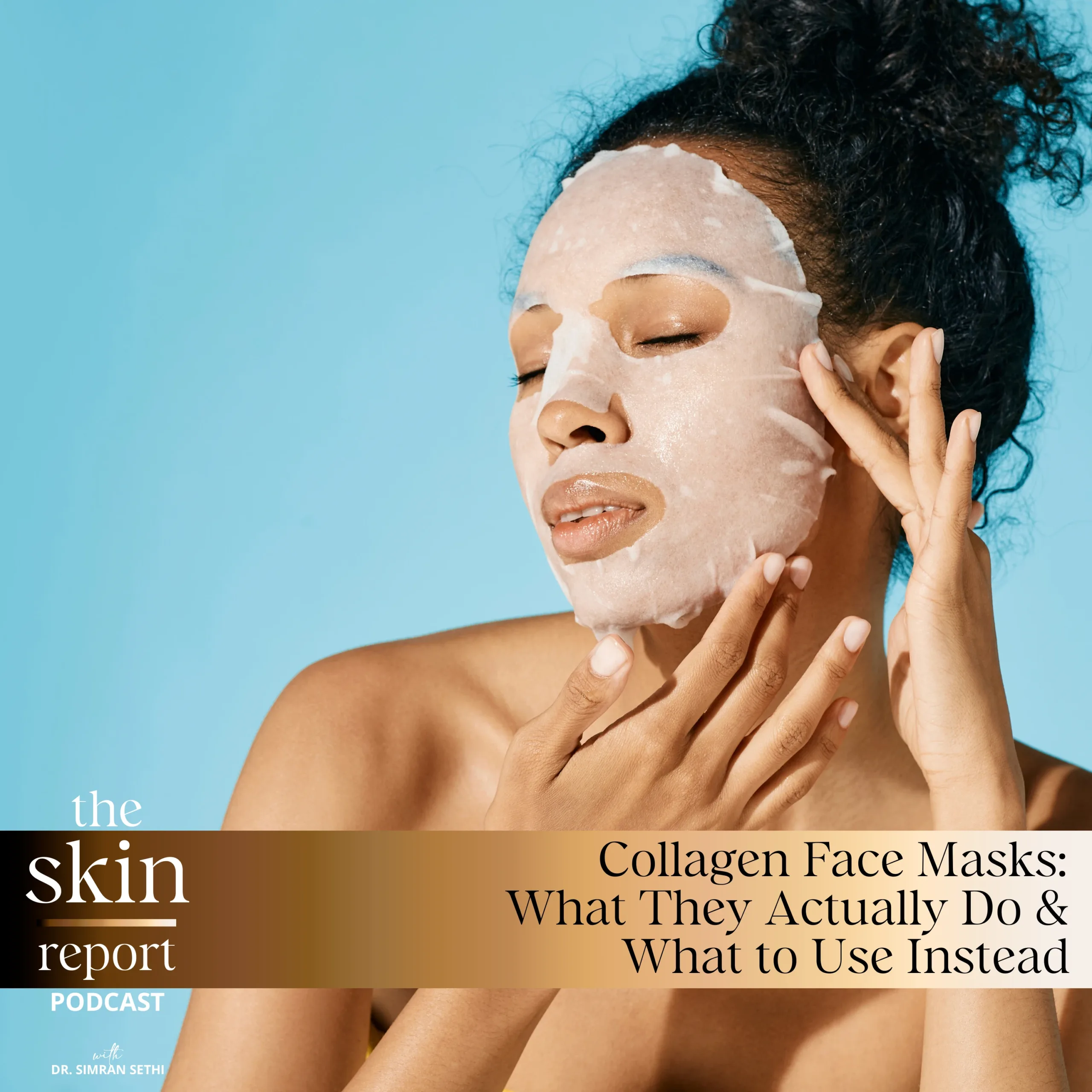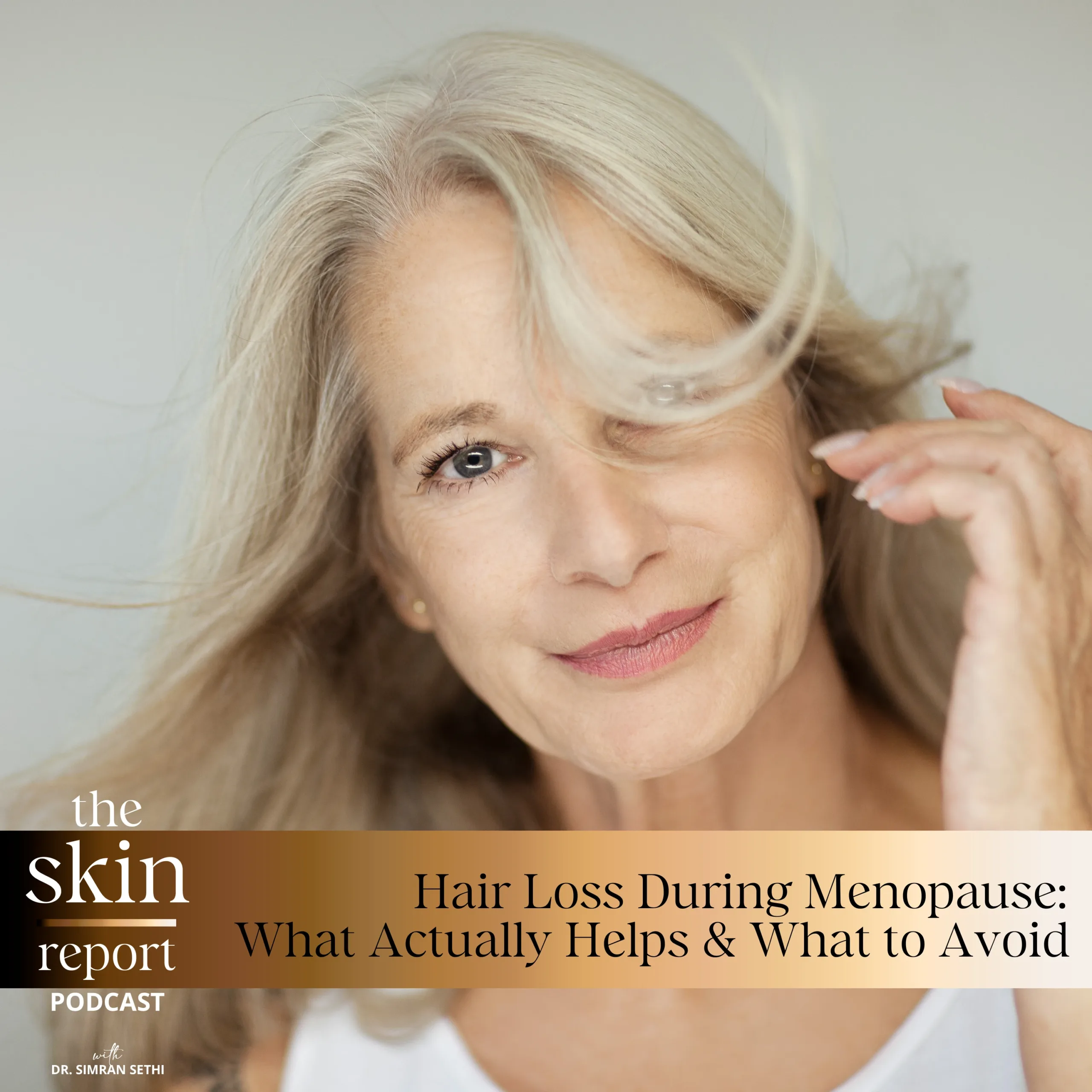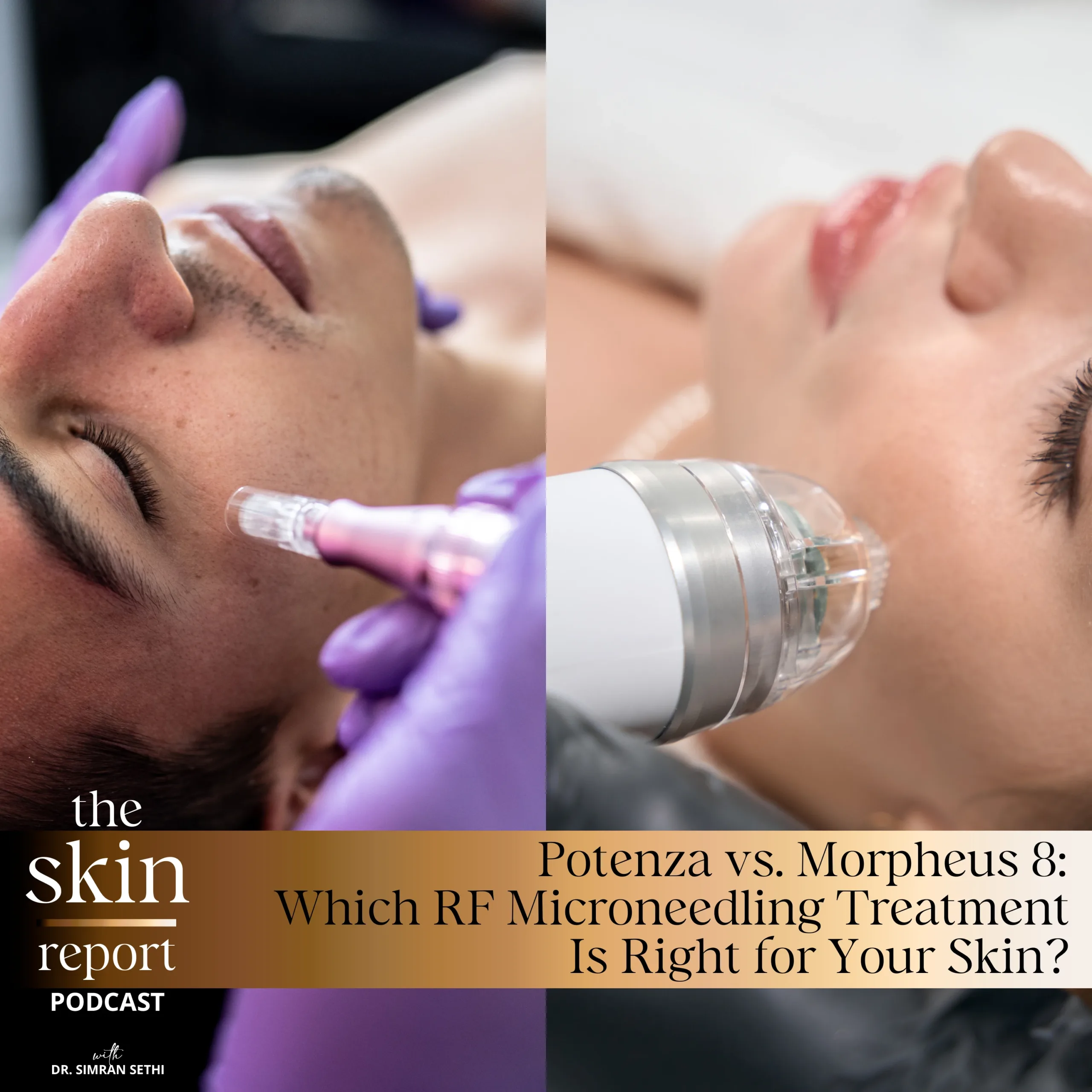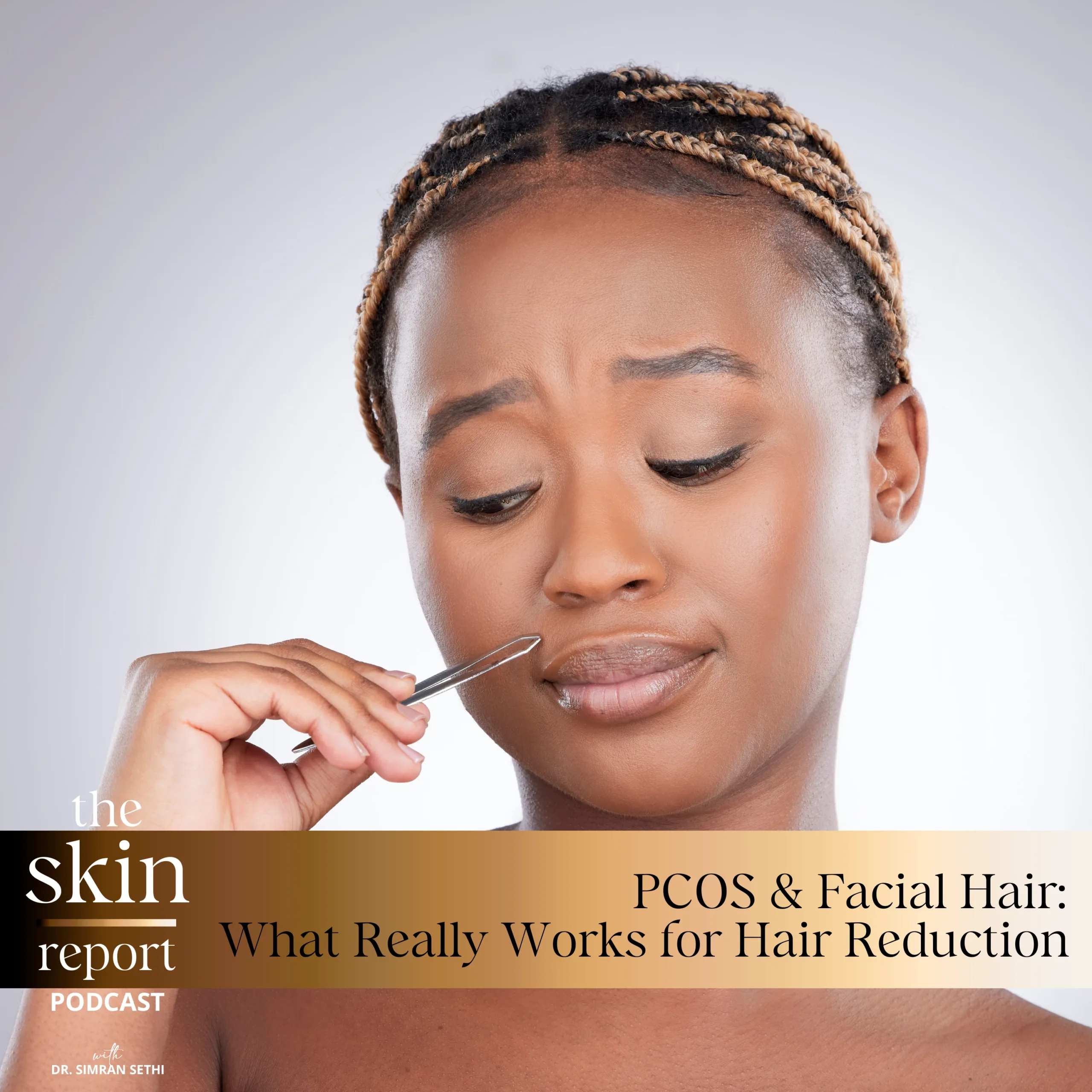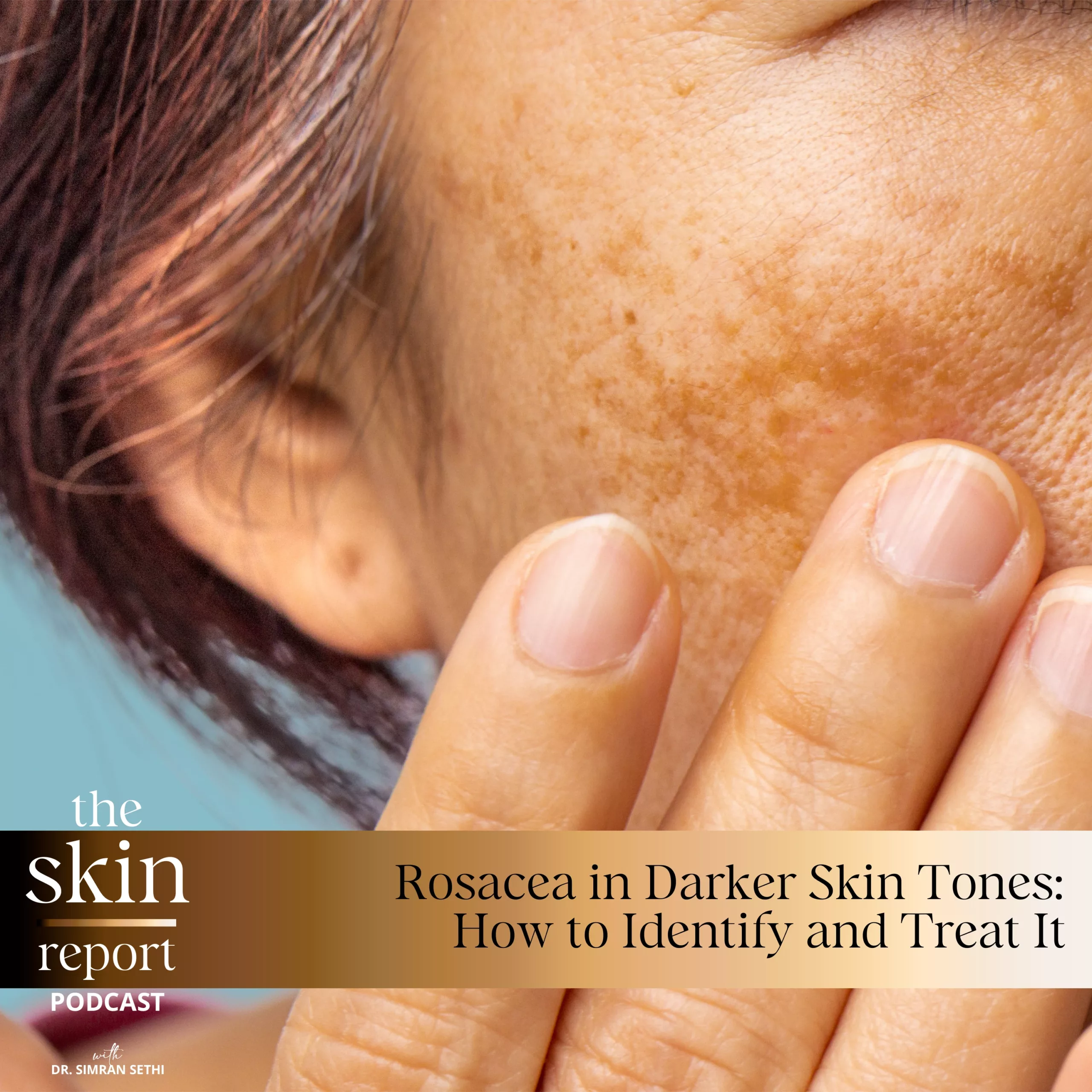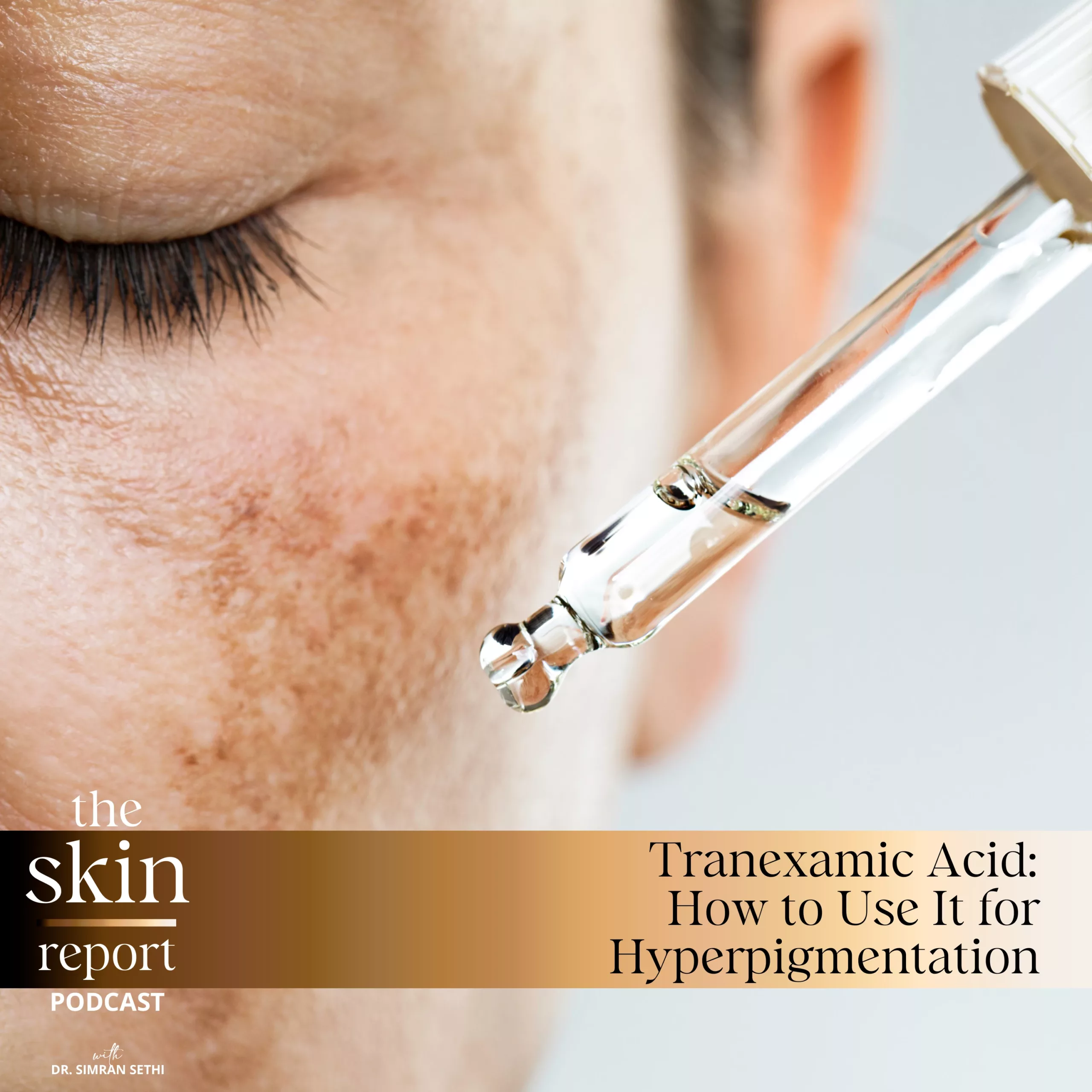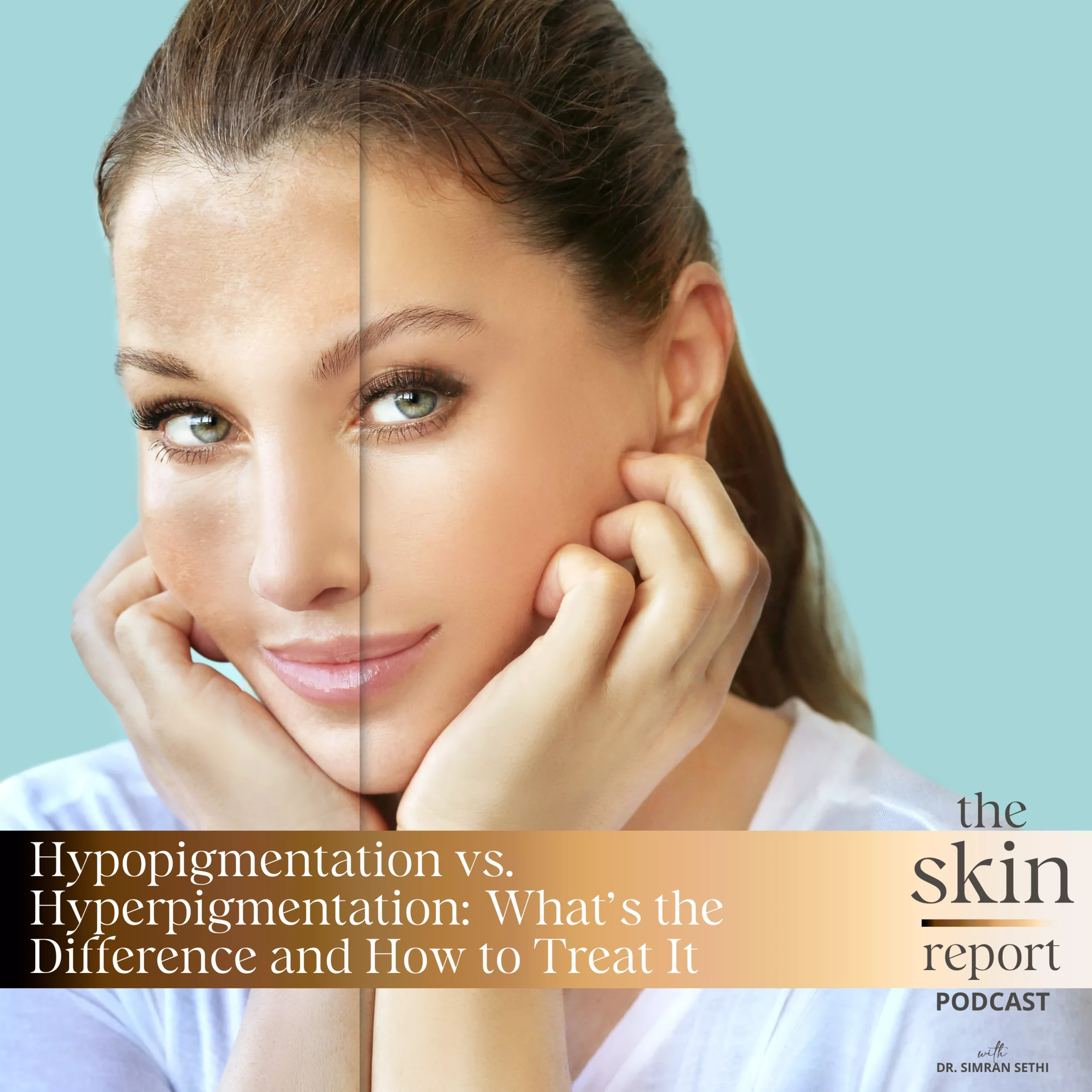Hello everyone. Welcome to The Skin Report. Today we are going to talk about kitchen ingredients for skin. Should you be doing it? Is it effective? Could there be some alternatives?
Why people are using ingredients from their kitchen for skin care? A lot of people do this because of A, they want to make sure they’re not getting any chemicals in their skincare that they don’t need. Maybe they have skin sensitivities and want to go with a more natural approach. Sometimes it’s also an access issue. Maybe they don’t have access to a lot of outlets to purchase skincare. But there are some very, very common things that I see, my patients asking about, or I also see on social media that are ingredients that we normally use in cooking that people are applying on their skin to treat multiple types of skin conditions.
And the very, very first one is coconut oil. Coconut oil has been a very trending skin moisturizer for a while now, and people are using coconut oil not only on their body, but also their face. While I think that coconut oil has some great properties, it’s actually even known to be antimicrobial. And I also use cold pressed virgin coconut oil in one of the cleansers in my skincare line, I don’t believe that it’s something that you should be applying directly onto your skin. Coconut oil has a very … It’s a very large molecule. It has a big molecular size, and it’s not going to penetrate your skin. It’s actually going to just sit on top of your skin and essentially start trapping dirt and debris. So in most cases, it’s going to worsen a lot of conditions like acne, it can worsen conditions like strawberry skin or keratosis pilaris. I have a whole other episode on that, so make sure you check that out. But it can also increase the size of your pores because your pores are actually occluded from getting proper moisture from the air and also releasing what’s in the pores.
So coconut oil directly on the skin has some, I personally think, detrimental effects. It is better utilized as part of a skincare product so that we can get the good qualities of coconut oil and remove its occlusive nature.
The other common one that I hear about is turmeric. Turmeric is generally considered anti-inflammatory, so people will apply turmeric to their skin to brighten it, to reduce sensitivities, and overall it’s treated like an antioxidant. The problem though, is that in ancient times, we had different exposures to our skin. Our skin looked different. We had a completely intact ozone layer, we weren’t exposed to the level of blue light that we are today, both inside and outside. So maybe thousands and thousands of years ago, turmeric was an effective ingredient to use on your skin. But today, our exposures are far, far worse. We know that our environment is a lot more polluted no matter what part of the world you live in. And if you’re going to put turmeric on your skin, again, it’s not going to do very much. Your skin has a very, very strong mechanism of making sure things don’t get into it because its job is protective.
Turmeric when applied to the skin is just going to, again, sit on top of the skin, and in many cases, it actually causes skin sensitivity. I’ve seen people have full-blown skin rashes because they’ve just applied raw turmeric on their skin, and on top of all of that, you don’t know the source of your turmeric. So if you are not using a responsively-sourced organic turmeric, you might actually be applying large levels of mercury and arsenic on your skin directly. So again, turmeric is something that you can incorporate within a skincare product that contains it, but applying it directly on your skin is not going to do very much.
Next, let’s get into another common culprit: rice water. Some people use water that rice is washed in as a toner for their skin because they believe that it tightens the skin. Rice water may have properties that could lead to skin tightening, but again, it has the same problem. Whatever properties those are, they cannot get into your skin. And remember, there is a lot of stuff on rice, which is why we wash it, most notably arsenic. Arsenic is something that is commonly found in water and in soil, and in most countries there are some safe levels of arsenic, but that’s why we wash rice. We wash rice to remove all of the pesticides and heavy metals so that then we can safely eat it. So if you are taking that water that you just use to soak the rice or clean the rice with and applying it on your skin, you are again applying those heavy metals and pollutants. So rice water, again, not in my opinion, the safest thing to put on your skin and also not very effective.
I completely respect people who want to take a more natural approach to their skincare, and I think there are ways to achieve that by looking at your ingredients. When you’re looking at a skincare product, make sure it doesn’t have any artificial dyes, that it doesn’t have any fragrances. Fragrances are by far the biggest culprits in causing skin sensitivities. And that they don’t have parabens, and most skincare products are labeled for these. If the products do not have this on their label, then I’m going to assume that they have those things. So just stay away from those and you will be able to successfully incorporate more natural products that are good for your skin, they penetrate into the dermis of your skin where they need to actually work, and that they don’t cause you to have any adverse reactions or skin sensitivities. If there is a kitchen ingredient that I did not talk about but you are wondering about, please ask me in the comments. And remember, if you haven’t already subscribed, please do, turn on your notification bell so you know whenever we release a new episode.

